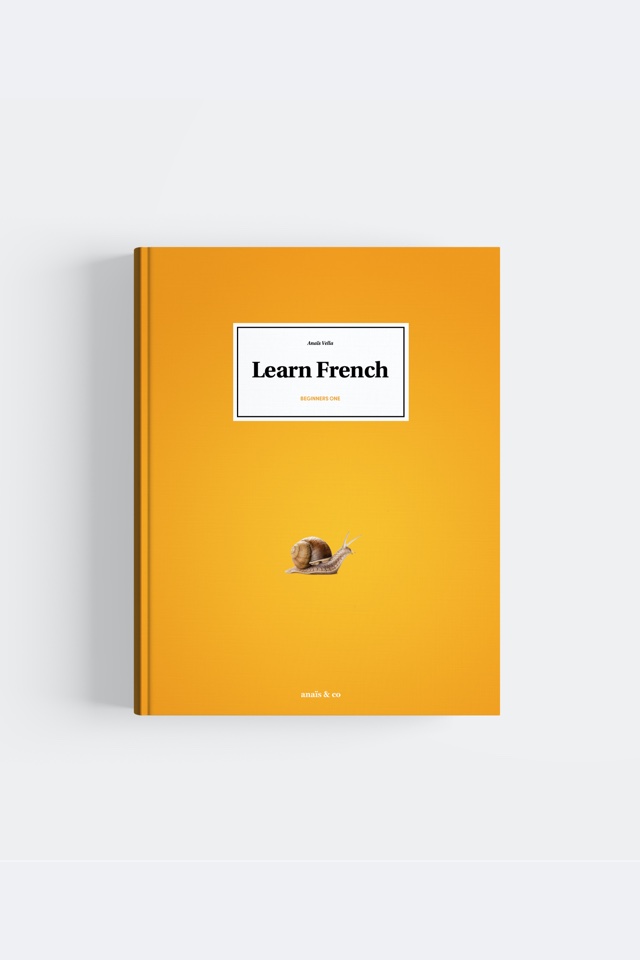

Un (masculine)
Une (feminine)
Des (plural)
There is no indefinite article for nouns starting with a vowel or “h”, so simply use the one that will match the nouns’ gender and numeral.
“Un” and “une” mean “a,” “an,” or “one” and “des” means “some.” It is important to understand that “des” means “some” for plural nouns. It can’t be used if you are referring to a part of a whole. For example, you can’t use it to ask for “some” bread (a part of a bread) but you can use it to ask for multiple breads.
They are used with the name of things or people in their general meaning as well as, to introduce the idea of something, even when the idea you are introducing is still vague, and no details are given. Here the “hidden” meaning is “any.”
For example:
Il y a un chat dehors → There is a cat outside →
Simply a cat.
Je veux une table → I want a table → Any table.
Je voudrais des fleurs → I would like some flowers →
Any flowers.
When they are used with countable nouns, “un” and “une” mean “one”. The meaning of “des” doesn’t change.
For example:
J’ai un chat noir → I have a/ one black cat.
Des tomates s’il vous plaît → Some tomatoes, please.
Je voudrais une table Ikéa →
I would like an/ one Ikea table.
In a negative sentence, when you want the meaning “no” or “any,” the indefinite articles are replaced by “de” or by “d’” in front of a vowel or “h” regardless of the gender or the numeral of the noun. Except if you want to emphasise the meaning of “one” not just “a / an”, in this case the indefinite articles stay. With the verb “être” (to be) or other verbs describing a state, the indefinite articles must be kept.
For example:
Je ne veux pas de fleurs → I don’t want any flowers.
Je n’ai pas de voiture → I don’t have a car/ I have no car.
Je ne suis pas un menteur → I am not a liar.
Ce n’est pas une fille → He is not a girl.
Je n’ai pas une voiture mais deux →
I don’t have a car, I have two.
<
Sentences without a verb can be turned negative using “pas de” or “pas d’” in front of the noun.
For example:
Des tomates, s’il vous plaît → Pas de tomates, s’il vous plaît/merci → No tomatoes, please/thanks.
There is no indefinite article for nouns starting with a vowel or “h”, so simply use the one that will match the nouns’ gender and numeral.

More in the books
Werther you are learning by yourself, with Anais and Co or if you are a FLE teacher find this lesson and many more in a beautiful book.
Be notified when we upload a new video.